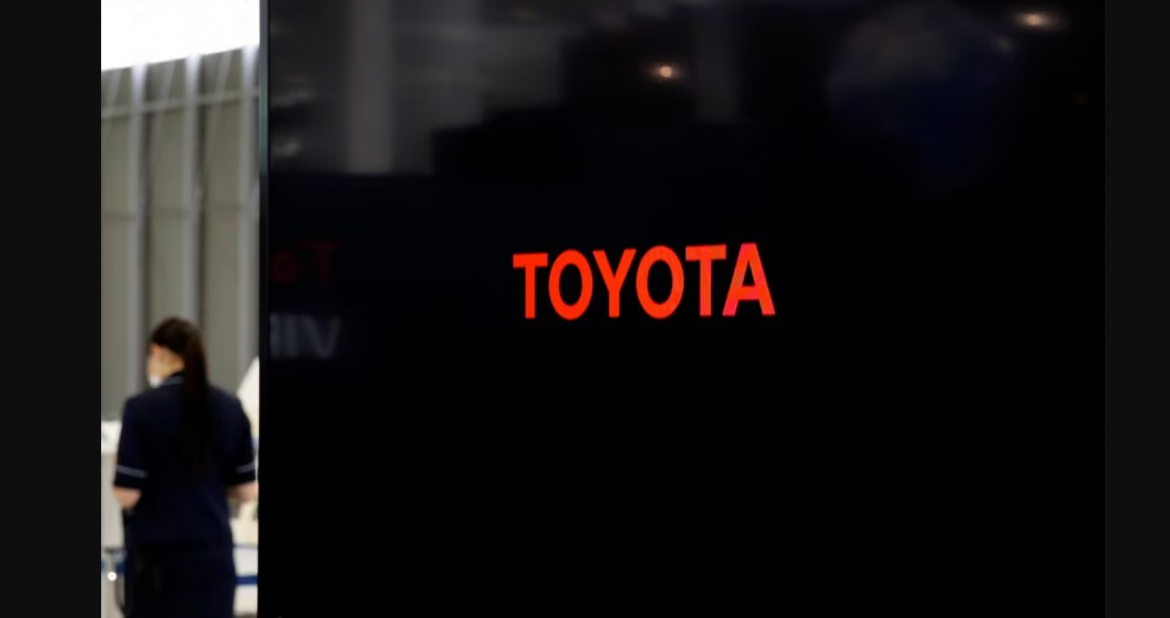Toyota has announced the suspension of sales for three models in Japan due to irregularities in crash test data. The affected models, the Yaris Cross, Corolla Axio, and Corolla Fielder, have been found to use non-compliant testing methods, prompting the automaker to take immediate action.
Discovery of irregularities
The issue came to light during an internal investigation, where Toyota discovered discrepancies in the crash test procedures used for these models. The automaker admitted that the testing methods differed from the standards set by Japan’s Ministry of Land, Infrastructure, Transport and Tourism. The irregularities were identified in pedestrian and occupant protection tests, among others.
At a press conference, Chairman Akio Toyoda and Shinji Miyamoto, Chief Officer of the Customer First Promotion Group, provided details on the findings. Toyoda acknowledged that the Ministry was informed on May 31 about the use of alternative testing methods. Miyamoto elaborated on the specific issues, explaining that certain tests employed more severe conditions than those mandated by the certification process.
Specific testing issues
Airbag Timer Ignition Data: For models like the Crown and Isis, Toyota used airbag timer ignition data that created more severe collision conditions, deviating from standard procedures.
Pedestrian Protection Test: The Corolla models used a 65-degree impact angle instead of the required 50 degrees to evaluate pedestrian head impact, resulting in non-compliant data.
Unilateral Data Submission: For the Corolla, Sienta, and Crown models, Toyota submitted unilateral point data for both sides instead of separate measurements, affecting the accuracy of the test results.
Rear-End Collision Testing: The Crown and Sienta models used a moving barrier heavier than regulation standards (4,000 pounds instead of 2,425 pounds), which skewed the test results.
Ignored Regulation Change: The Yaris Cross used outdated test data, ignoring new regulations for luggage impact tests, which compromised the accuracy of the certification.
Immediate action and assurance
In response to these findings, Toyota has halted the shipment of the Corolla Axio, Corolla Fielder, and Yaris Cross to customers in Japan. The company assures that, despite these irregularities, there are no performance issues that contravene laws and regulations. Thus, owners of the affected vehicles can continue using them safely.
Regulatory and industry impact
This scandal underscores the importance of stringent adherence to safety standards in the automotive industry. Toyota’s revelation and subsequent action highlight the critical role of regulatory compliance in maintaining consumer trust and safety. The company is working closely with the Ministry of Land, Infrastructure, Transport and Tourism, and other central ministries to rectify these issues and ensure future compliance.
Broader implications
The implications of this issue extend beyond the immediate halt in sales. It raises questions about the integrity of testing procedures and the oversight mechanisms in place within the automotive industry. The incident could prompt regulatory bodies to review and tighten their certification processes to prevent similar occurrences in the future.
Moving forward
Toyota’s commitment to resolving these issues involves a thorough review of its testing procedures and increased transparency in its certification processes. The company aims to restore confidence among consumers and regulators by demonstrating a commitment to safety and compliance.
As Toyota addresses these challenges, the industry will be watching closely to see how the company navigates this crisis. The outcomes of this situation will likely influence future regulatory practices and underscore the importance of rigorous safety standards in the automotive sector.



